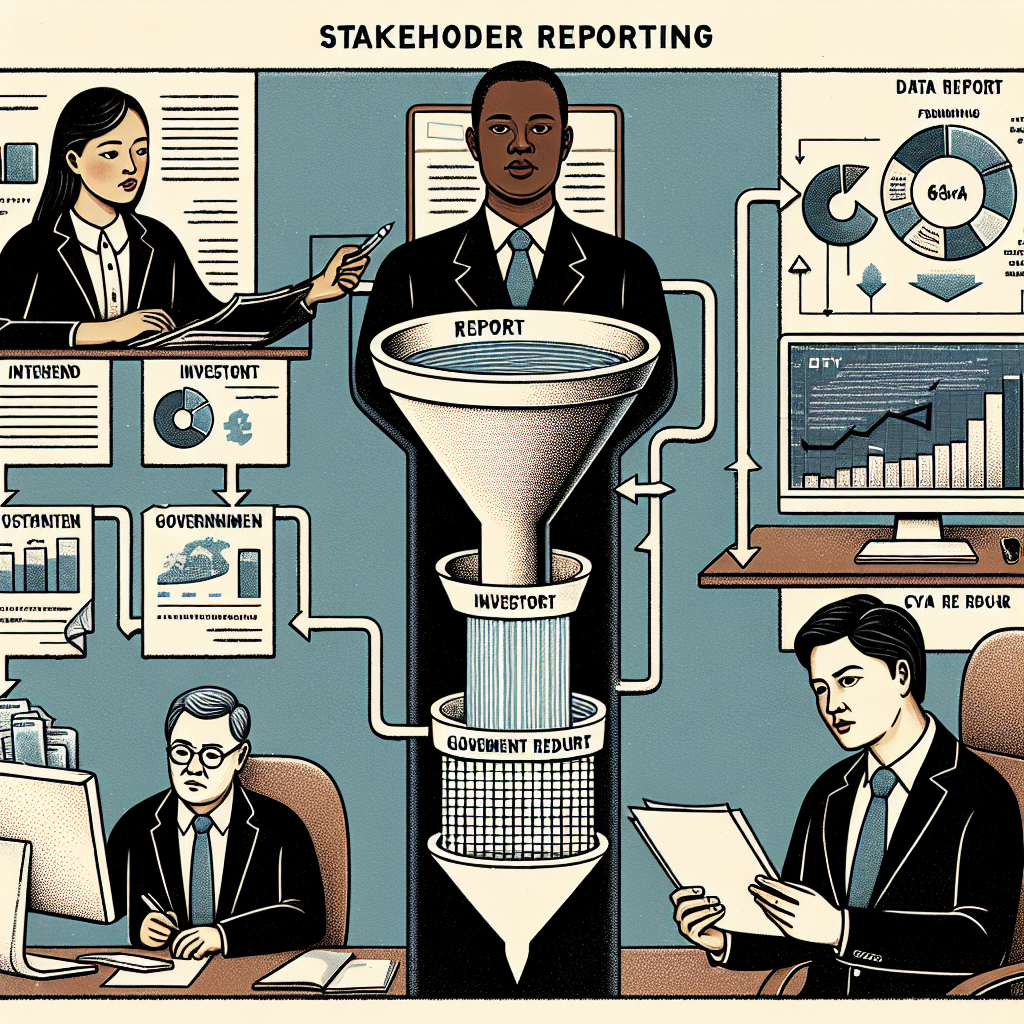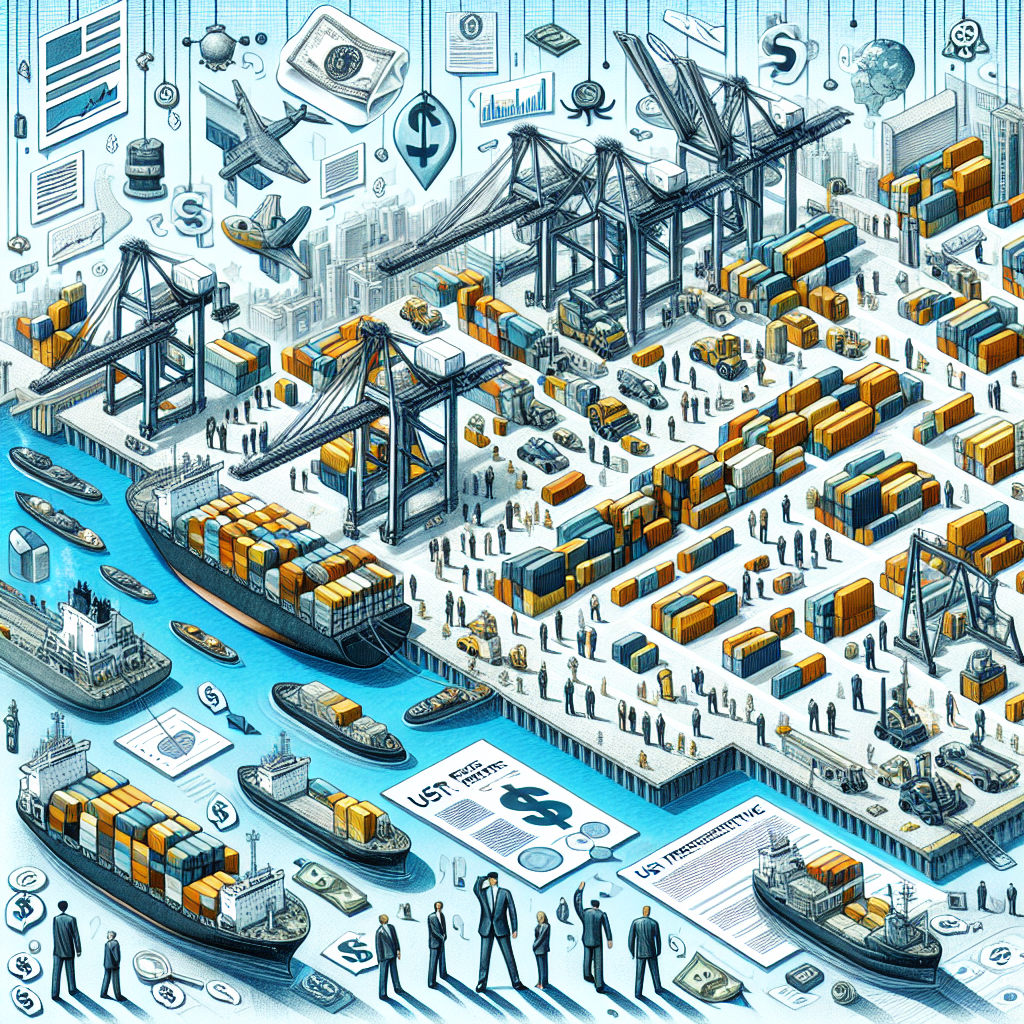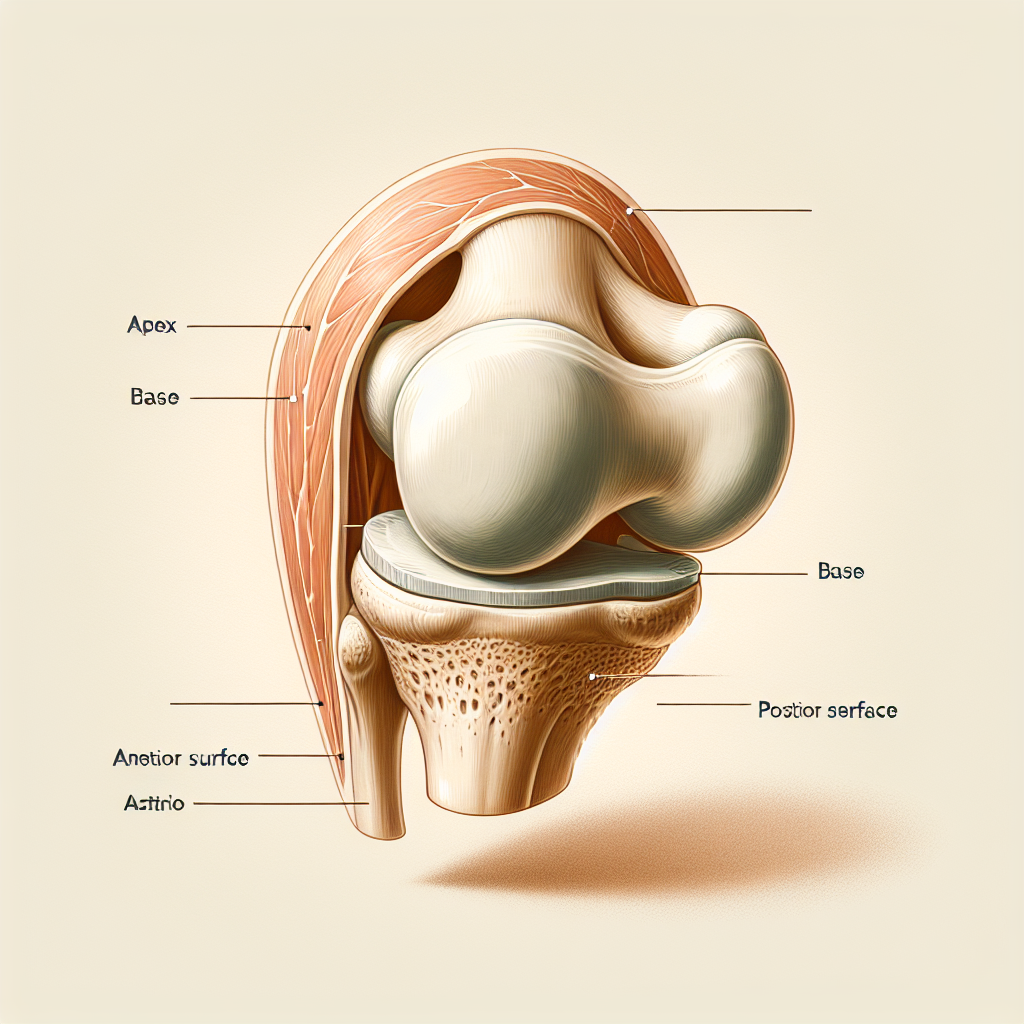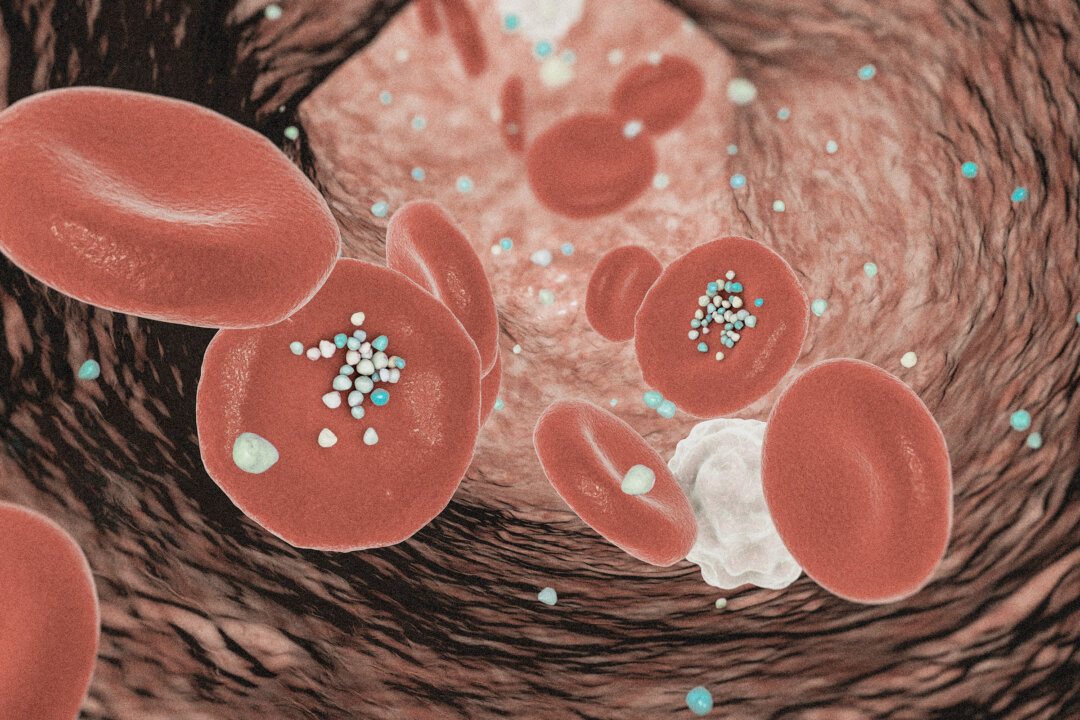Mankind’s achievements over the millennia have been bountiful. Their evolutionary fruits – from fire, to vaccines, to the art of diplomacy – were never low hanging; they were imagined before they were ever grasped. But once held, they became indispensable.
Until now that is, as 100 days into his presidency US President Donald Trump seems determined to throw this painful learning to the wind, risking a world forced into reverse. A torrent of tariffs , unleashed against the better judgement of experts, yet exalted by Trump’s acolytes as the work of a deal-making genius are a case in point. So too is his willingness to throw allies to the wind, by threatening to grab Greenland, Canada even Panama by force if necessary.

Whatever one’s view of the policies themselves, Trump’s total upending of the global status quo has sewn fear and uncertainty among America’s friends, exacerbated market volatility and normalized economic aggression. It’s a formula that over the centuries has rarely served the world well. The president’s apparent over-arching ethos – might is right, and mine is greatest – is now demolishing geopolitical norms at speed.
It is Ukraine that should give in to Russia, which “has all the cards,” Trump says. Russian President Vladimir Putin’s “pretty big concession,” his US counterpart adds, is not “taking the whole country.” Yet despite three years of “meat-grinding” war, Putin’s aim remains as contrary to international law as it was when he launched his unprovoked, full-scale invasion.
It is clear then why Trump struggles to do what all his allies find easy: to blame Putin for defying the rules-based world order in a brutal campaign to swallow his smaller neighbor. The US president often even blames Ukraine’s President Volodymyr Zelensky for the war in which at least 42,000 Ukrainian civilians have been killed or injured, according to the United Nations , saying “he should never have started it.” The implication – that the weak should capitulate to the strong – is an upending of millennia of evolution, culminating in the post-World War II, US-inspired rules-based international order that led to an unprecedented eight decades of relative global peace, prosperity and unimaginable scientific innovation.
Trump, as British Prime Minister Keir Starmer has commented , has broken the mold. “Old assumptions can no longer be taken for granted, the world as we knew it is gone,” he said. The president’s world view was nurtured by his property-developing, landlord father Fred Trump.
Poor tenants unable to pay their rent claimed they were evicted; not an uncommon practice at the time, or since, but one that advantages the powerful over the weak. The parallels are not hard to spot: the world’s most powerful man still relies on bravado and bullying to get what he wants. Today everyone is in his firing line.
America has been “taken advantage of by virtually every country in the world,” Trump inaccurately claims, “we’re no longer going to be the country that’s ripped off by every country in the world.” But here’s the rub. Such is Trump’s braggadocio, no one he trusts appears brave enough to challenge him.
Only when global markets soured, and his Petri dish economic experiment turned putrid, did he backslide on the threat to impose immediate tariffs on both friends and foes of the US, and even then, it may not be enough to avoid economic pain. China seems ready to wait out his trade-defying tariffs, having been preparing for this moment since Trump’s first term. Now, it seems, he must learn a costly lesson for himself that economic evolution had already taught the experts.
And while Trump’s defiant pose after the July 2024 assassination attempt in Butler, Pennsylvania, was enough to convince Putin that he was “a courageous man,” the US president is already backing down on some of his tariff bravado, chastened by his loyalists who found their voices as bond markets tanked. In the view of both Putin and Trump, it is the tough who set the rules, and the man in both their crosshairs, Ukraine’s President Zelensky, got this message Wednesday, “the man with ‘no cards to play’ should now, finally, GET IT DONE,” as Trump wrote on his social media platform. Trump has since criticized Putin, questioning whether the Russian leader is interested in peace and suggesting “he’s just tapping me along.
” The world Trump and Putin seem to crave is one of spheres of influence run from islands of power, where diplomacy is a time-consuming irrelevance replaced by imperial decrees. It would be a reset harking back to a darker time, essentially overturning the rules-based order. In the aftermath of great empires, regional warlords allied, feuded and fought each other for centuries before nations emerged, and largely did the same.
By the 19 th century diplomats like Klemens von Metternich, the Chancellor of the Austrian Empire, spent entire careers attempting to balance Europe’s feuding powers. He famously said, “when France sneezes, the rest of Europe catches cold.” Today it is Trump spreading a chill.
The Manhattan real estate developer has said he is going to “get” Greenland “for national security reasons.” Greenland and its Danish patron, a NATO ally that is no match militarily for the USA, say no. Canada’s prime minister says the same about Trump’s plans to make his northern neighbor the USA’s 51st state, insisting “it will never happen.
” Mark Carney, a former central banker already battling Trump’s aggressive trade tariffs, knows the threat is real, telling voters ahead of Monday’s election in which his Liberal Party won a stunning fourth consecutive victory “the Americans want our resources, our water, our land, our country.” Trump’s world view is clear: he speaks as though he can reach out and take these things, and clearly believes he is working from an island of power, isolated from the negative consequences of his assumed conquests. But no man, nor nation, is an Island.
Trump’s weakness is not just that he might buy Putin’s lie that he can conquer all Ukraine, or be outfoxed by Xi on tariffs, but that the rest of the world increasingly sees through his mantle of self-belief. The costs of this muscle-power politics will be revealed more slowly than the near-instantaneous economic market pain to his trade tariffs. But it still marks a return to an era of dog eat dog.
History has shown how that turns out..
Health
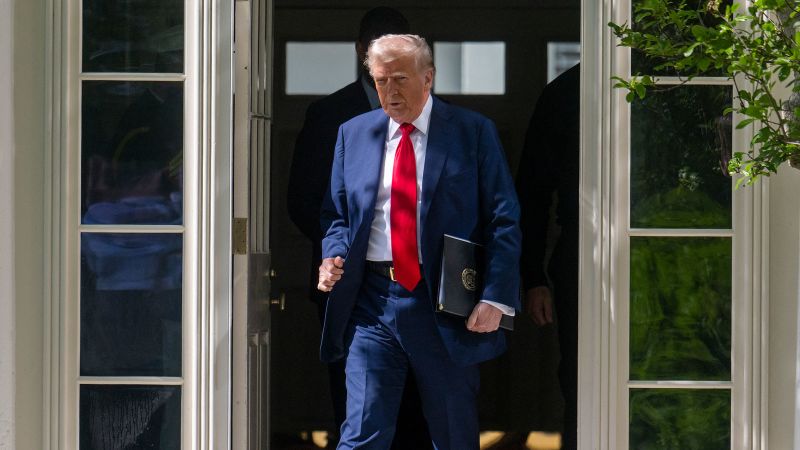
History has a lesson for Trump on overturning the global rules-based order. And it’s not a good one





